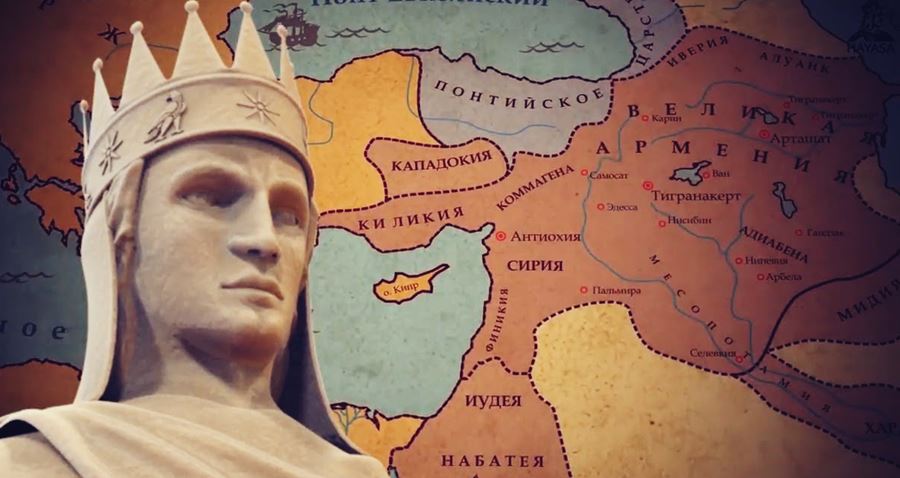Are you curious about the meaning of Armenian names? If so, you are on the right page. Many people are interested in the meaning, explanation, and genealogy of names. Do you believe that every name has its role in a person’s life? Or do you believe that a name has a certain influence on a person’s destiny? The answers to these questions are not clear, but one thing is clear – you will have heard (or even used) this phrase many times – “But how does this man not fit his name?” And this is no accident. That expression comes from a long time ago and there is some meaning in it.
So, we advise you to know the meaning and explanation of the name when choosing the name of your future child. Below are the most common Armenian names. If you want to know the explanation of the name, then click on the link (text) of the name and you will be taken to the page of explanation of the name. We’re constantly adding and updating this list, so if you can’t find your name explanation right now, check the list after a while, we may have added your name explanation as well.
The name is directly related to the nationality. No matter how exaggerated it may sound to some people, but by receiving a national name, the child unwittingly becomes a part of the history and national character of his people. And it is no coincidence that many of us prefer Armenian names when choosing a child’s name. We also recommend choosing an Armenian name when choosing a child’s name, because it is another way to preserve our national identity. On the other hand, there are also international names that give the newborn “a lot of freedom” in terms of national self-determination. If we open the parentheses a little, we can say that it is easier for a person with such a name to feel like a “citizen of the world”. In some cases, the meaning of names can be different, because different nations can consider these names as their own and give different explanations to these names.
Each name has its own “social image” and “character”. In other words, in any society, a name is associated with a famous person. For example, when we hear the name Astghik, we all immediately think of the Armenian goddess Astghik, or when we hear the name Tigran, we immediately remember Tigran the Great and associate the name with him. Learning history, and reading novels and textbooks, the child involuntarily pays attention to names. And every name has its hero, who is a positive or negative character.

Every name means something, but for the sake of convenience, mankind has abandoned long names or names consisting of phrases. For example, the name Aspet is of Persian origin and it means prince on horseback.
